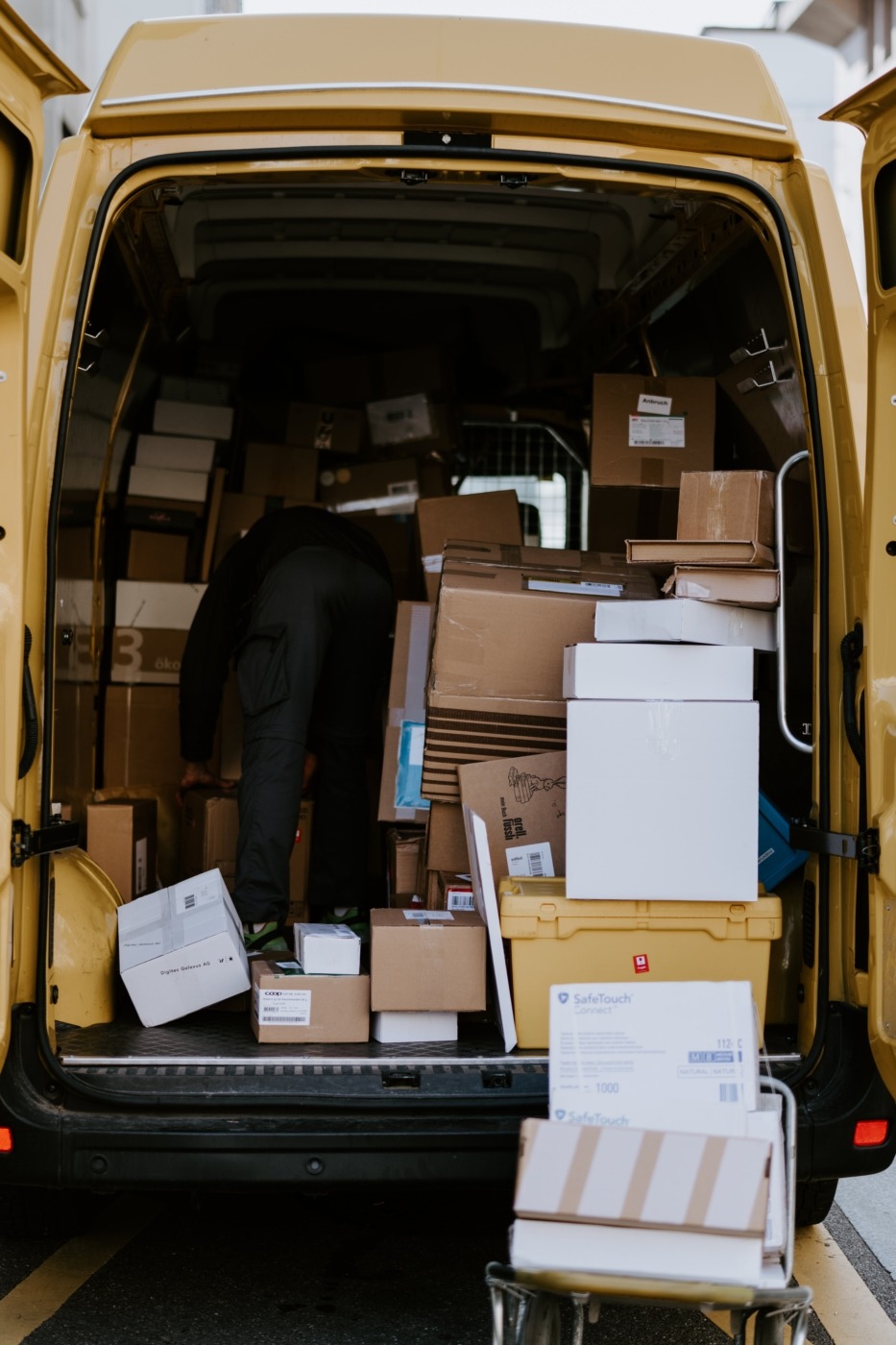Student Guide: Moving sustainably
As the academic year is about to start, many students are faced with the burdens that arise from having to pack up and relocate their lives. For many of us, this involves moving out of our family home. We all know moving can be a stressful experience, but did you know, it can also be the cause of excessive amounts of waste? This guide will include some tips and tricks to help you minimise the waste, as well as hopefully the stress, associated with moving houses.
Reduce
I’m sure you have all heard the phrase ‘reduce, reuse, recycle’. I think that the order of this is very important, meaning that above all else we must try to reduce. This can mean a number of things, but in the case of moving house, a little planning goes a long way.
- Have a clear out before moving! It might be too late by the time you’re reading this, but for the future, it may be a good idea to sort out your belongings, and dispose of them responsibly, before your move. This will minimise the amount of things you have to pack and take.
Transport
Transport is a huge contributor to carbon emissions. However in the process of moving, transport is literally unavoidable. Therefore, it is important to make sure you are being mindful about it in your planning.
- First, consider the type of transport you choose. If you are only moving out for a short time, for example going home for Christmas, you may wish to consider taking a suitcase on a train.
- If you are hiring a removal company, do a bit of research to see if there is a company who uses hybrid, or even better, electric vans.
- Then, limit the number of trips as much as possible. The less trips you take, the less emissions you will be contributing to.
Second hand
Second hand shopping is not only cheaper but also much better for the planet.
- Make use of charity shops, eBay and Facebook marketplace as much as you can. The more things you can sell/donate, the more things will be reused instead of going straight to landfill.
- Decide what you no longer need, preferably during your big clear out pre-move, and dispose of these items responsibly. If you can’t sell it, try to donate to a friend or a second hand store.
- If you need to buy some items when you move, consider buying second hand as well. This will save you lots of money and is a really good idea for students; do you really need to buy everything brand new if you will only be using it for a relatively short period of time?
Boxes
It is no secret that we all have lots of stuff, and when those things are to be moved, it requires lots of boxes.
- In order to limit this, you should use what you have. Pack items in any boxes and suitcases that you already have. In the run up to the move, try to save any boxes that you have coming in from parcels.
- If you are in need of more boxes, consider going to a supermarket and asking if they have any going spare. This may feel super awkward, but most shops dispose of loads on a daily basis. Not only would you be saving more waste from going to landfill, or hopefully the recycling centre, but you will also be saving yourself some money!
- If you are buying some packing materials, have a look for more eco-friendly options. From biodegradable packing peanuts to recycled cardboard, there is plenty of choice.
- If space allows, store the boxes you have used to move for next time – particularly if you are a student and move often!
Pack smart
How you pack your belongings can also have a big impact on the waste accumulated from moving. Packing smart will not only reduce waste, but also help you to save space, and thus potentially money as well.
- Use what you have. When packing fragile items, try to use old newspapers or cloths, or try to save some bubble wrap from packages prior to the move instead of buying tons from a shop.
- Think carefully about what you pack away. For example, if you need to transport a set of drawers but will not dismantle them, keep your clothes in there. This will save time, space and materials.
As you can probably tell from the majority of these tips, the key message that overrides all others is to use what you have and reuse things wherever possible. Do not feel disheartened if you haven’t had time to plan ahead, declutter, collect packing materials. Any steps that you do take, even small ones, will make a big difference.

Comments